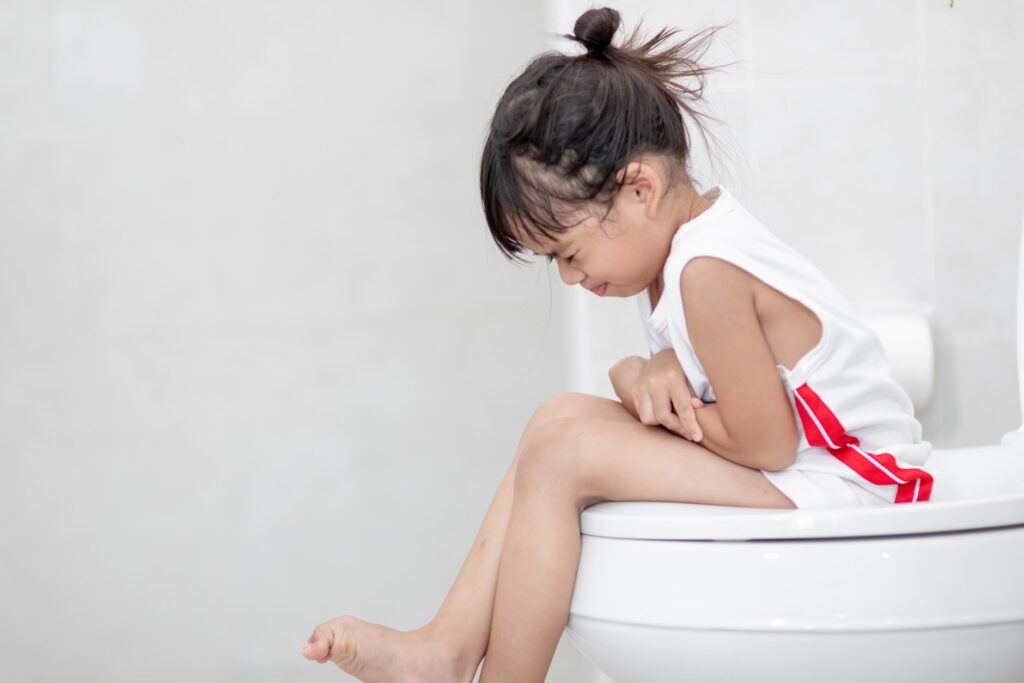What Is Diarrhea in Children?
Diarrhea in children means having loose or watery stools more often than usual. It is a common problem, especially in young kids. Many parents worry when their child has diarrhea. However, most cases are mild and go away on their own. Still, it is important to know why children get diarrhea. Understanding the causes can help you care for your child and know when to seek help. Pediatric diarrhea causes can vary, and knowing the common reasons for diarrhea in kids is helpful for every parent.
Common Causes of Diarrhea in Children
There are many reasons why children get diarrhea. Some causes are more common than others. Below are the main causes:Viral infections: Viruses like rotavirus and norovirus often cause diarrhea in children. These are the most frequent reasons for diarrhea in kids worldwide.Bacterial infections: Sometimes, bacteria such as Salmonella or E. coli can cause diarrhea. This can happen after eating contaminated food or water.Parasitic infections: Parasites like Giardia can also lead to diarrhea, especially if a child drinks unsafe water.Food intolerance: Some children cannot digest certain foods, such as milk. This can cause loose stools after eating or drinking these foods.Antibiotic use: After taking antibiotics, some children may develop diarrhea. This happens because antibiotics can upset the balance of good bacteria in the gut.Other causes: Stress, changes in diet, or certain medical conditions can also lead to diarrhea in children.
In the US, viral infections are the most common cause of diarrhea in children. However, in other countries, unsafe water and food may play a bigger role.
How to Identify the Cause: Symptoms and Clues
Sometimes, you can guess the cause of diarrhea by looking at other symptoms. For example, if your child has a fever and vomiting, a virus may be the cause. On the other hand, blood in the stool or severe stomach pain could mean a bacterial infection. Here are some clues to help you:Fever and vomiting: Often point to a viral infection.Bloody stools: May suggest a bacterial cause.Greasy, foul-smelling stools: Can be a sign of food intolerance or a parasite.Recent antibiotic use: Diarrhea may be a side effect.Travel history: Diarrhea after travel may be due to parasites or bacteria.
Even so, it is not always easy to know the exact cause. If you are unsure, it is best to ask a doctor.
When to See a Doctor
Most cases of diarrhea in children are mild. But sometimes, you need to see a doctor. Watch for these warning signs:Signs of dehydration, such as dry mouth, no tears, or less urineHigh fever (over 102°F or 39°C)Blood or mucus in the stoolSevere stomach painDiarrhea lasting more than two daysChild is very sleepy or hard to wake up
If you notice any of these, call your pediatrician right away. Early care can prevent serious problems.
Prevention Tips for Parents
Thankfully, you can lower your child’s risk of diarrhea. Here are some simple tips:Wash hands often, especially after using the bathroom and before eatingMake sure your child drinks clean, safe waterCook food well and keep it cleanKeep your child’s vaccines up to date, including rotavirus vaccineTeach your child not to put dirty objects in their mouth
By following these steps, you can help protect your child from common causes of diarrhea.
In summary, diarrhea in children can have many causes. Most cases are mild, but some need medical care. If your child has diarrhea, consult a pediatrician for personalized advice.
